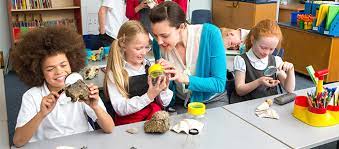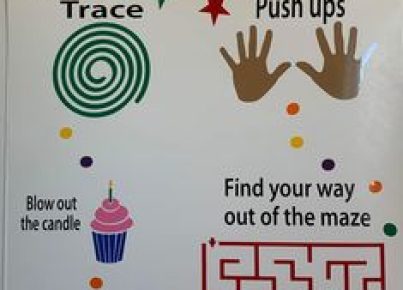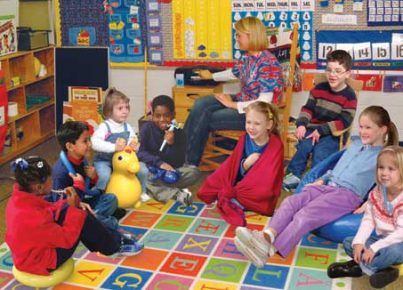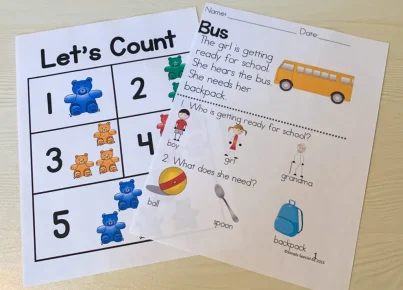Introduction
Dyslexia, a specific learning difficulty that affects the underlying skills required for learning to read, write, and spell, is found in children with varying levels of cognitive ability. Among them are highly able or gifted children who, despite their dyslexia, have exceptional skills and talents in various areas. This article aims to shed light on the unique challenges faced by highly able children with dyslexia and explore effective teaching strategies that can help unlock their potential.
Challenges Faced by Highly Able Children with Dyslexia
1. Underachievement and Hidden Potential: Due to their dyslexia, highly able children often underperform academically, which can mask their true potential and make it difficult for educators to identify their exceptional abilities.
2. Low Self-Esteem: These children may struggle with self-esteem issues as they may feel incompetent or unintelligent because of the challenges in mastering basic literacy skills.
3. Limited Educational Opportunities: If not identified and supported adequately, highly able students with dyslexia may miss out on advanced learning opportunities tailored for gifted children.
4. Social-Emotional Issues: As a result of their struggles and frustrations in school, these children might develop social-emotional problems that affect overall well-being.
Teaching Expertise: Strategies to Support Highly Able Children with Dyslexia
1. Early Identification: It is crucial for educators to identify highly able students with dyslexia as early as possible. This will enable timely interventions and support tailored to meet both their cognitive gifts and learning difficulties.
2. Multi-Sensory Teaching Approaches: Adopting a multisensory approach to instruction helps in engaging children’s various sensory pathways, allowing them to better understand and process information. Techniques such as the Orton-Gillingham approach have been proven effective for students with dyslexia.
3. Differentiation and Individualized Support: Educators should provide a differentiated curriculum that understands and addresses the specific strengths and weaknesses of highly able children with dyslexia. Personalized support should be given to scaffold their learning process and help them overcome challenges.
4. Use of Assistive Technology: Encourage students to use assistive technology tools such as text-to-speech software, audiobooks, or speech recognition software to aid them in reading, writing, and revising.
5. Emotional Support: It is essential for teachers to provide consistent emotional support, encouragement, and reassurance to help these students build self-confidence and motivation towards learning.
6. Collaborate with Specialists: Working closely with learning specialists, occupational therapists, or psychologists can help develop effective teaching strategies tailored for each student’s unique needs.
7. Enrichment Opportunities: Provide highly able children with dyslexia with appropriate extracurricular activities that tap into their interests and strengths. This provides an opportunity to develop their extraordinary capabilities while fostering a love for lifelong learning.
Conclusion
By understanding the unique challenges faced by highly able children with dyslexia and adopting effective teaching strategies outlined here, educators can unlock these students’ potential and offer them the best possible chance to excel academically, socially, and emotionally.





